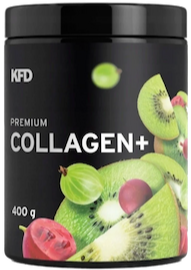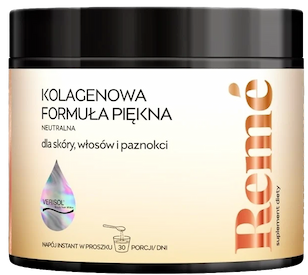Best time to take collagen (Morning, evening, or night? Before or after a workout?)
Discover when to drink collagen - in the morning or in the evening. For the best results on your skin, joints and overall body recovery.


Learn more about our editorial process
.

Learn more about our editorial process
.

Learn more about our editorial process
.

Learn more about our editorial process
.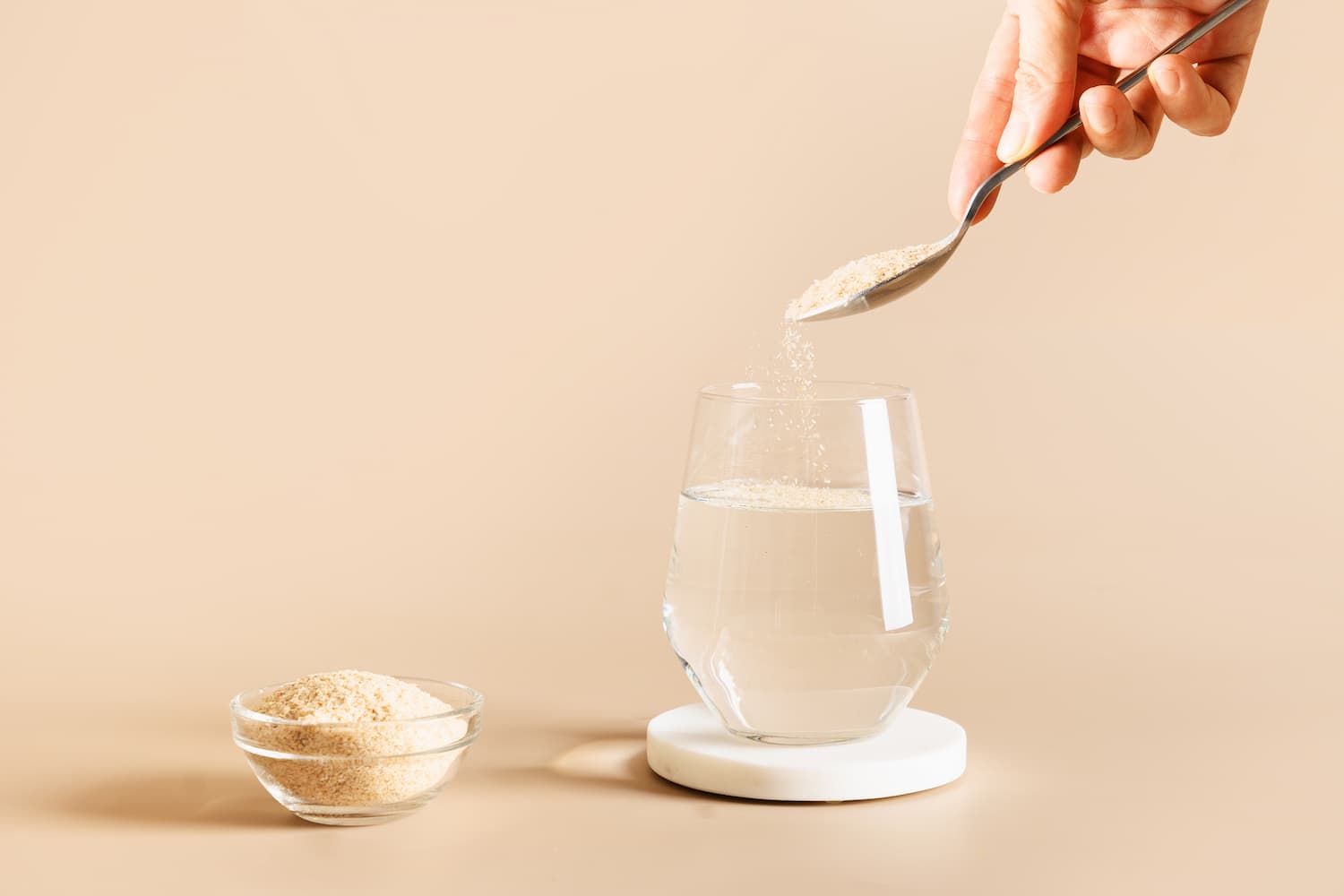
Why you can trust us
Articles on Natu.Care are written based on scientific research, data from government websites and other reliable sources. The texts are written in cooperation with doctors, nutritionists and other health and beauty experts. Articles are reviewed before publication and during significant updates.
.Learn more about our editorial process
.Information about advertisements
Content on Natu.Care may contain links to products from the sale of which we may receive a commission. When creating content, we adhere to high editorial standards and take care to be objective about the products discussed. The presence of affiliate links is not dictated by our partners, and we select the products we review ourselves completely independently.
.Learn more about our terms and Conditions
.You want to squeeze the full 100% out of your collagen. Is it better in the evening, because overnight the amino acids will be released in peace? Or, however, in the morning so that you go through the day with a charged collagen battery?
.
Here is the only right answer - backed by the expert opinion of nutritionist Julia Skrajda.
Maybe it will be 13:37?
.
From this article you will learn:
.- What is the best time to drink collagen. .
- After what time of supplementation you will see the first results.
- What is the best time to drink collagen?
- Whether you should take a break during collagen supplementation. .
- At what age to start supplementing with collagen. .
- How to properly portion collagen for drinking. .

Zobacz, co może zrobić dla Twojego zdrowia i urody Natu.Care Kolagen Premium 5000 mg -15% z kodem BLOG15
Natu.Care Kolagen Premium 5000 mg, kakao
Natu.Care Kolagen Premium dla zdrowia stawów, skóry, paznokci i włosów. Najlepsza przyswajalność. Optymalna dawka 5 000 lub 10 000 mg. Przebadany przez niezależne laboratorium.
Zobacz więcej
Efekty zaczęłam dostrzegać po około 5 tygodniach. Włosy są nawilżone, przestały też wypadać. Moja wrażliwa cera przestała się przesuszać. Plus za pyszny smak!@Milena Dlugosz
See also:
.
- The best collagen .
- Facial collagen
- Collagen for skin
- Collagen for joints
- Collagen for bones
- Collagen for tendons
- Hair collagen
- Collagen for cellulite
- Collagen for acne
- Collagen for stretch marks
- Collagen for scars
- Drinking collagen andDrinking collagen (effects)
How to drink collagen.
.
Collagen is worth drinking consistently over 90 days to see results. If you consume smaller portions of this protein (than 2.5-15g), the wait time may be longer. Also, work consistently and regularly. However, it does not matter whether you drink collagen in the morning or in the evening.
Supplementation will be particularly beneficial for you if you are experiencing:
- worse skin condition, .
- joint pain,
- broken fingernails,
- broken nails, .
- dry hair, .
- lower immunity, .
- If you are experiencing
When to drink collagen - in the morning or in the evening?
- .
There are no clear recommendations for when to drink collagen during the day. You can drink collagen in the morning, during the day or in the evening - there is no research that indicates a specific time. Adjust the time to your preference to maintain regularity. Being systematic will help you achieve results on your skin, hair or nails.
Sometimes you will hear that it is advisable to drink collagen in the morning. There is no research for this. And there probably won't be, because they would be expensive, difficult, and the hypothesis that collagen given in the morning will be better absorbed is a weak one - your body digests around the clock.
The study is a good one.
I have never heard of such a thing as the best time to drink collagen. Nor have I seen research on the subject..
 .
.
Witold Tomaszewskidoctor of medical sciences
Summary: drink collagen when you want, as long as you do it regularly. If 3:47pm suits you better than 6:12am, cool. If you miss your favourite time of 9:17, 12:57 will also do.

Zobacz, co może zrobić dla Twojego zdrowia i urody Natu.Care Kolagen Premium 5000 mg -15% z kodem BLOG15
Natu.Care Kolagen Premium 5000 mg, kakao
Natu.Care Kolagen Premium dla zdrowia stawów, skóry, paznokci i włosów. Najlepsza przyswajalność. Optymalna dawka 5 000 lub 10 000 mg. Przebadany przez niezależne laboratorium.
Zobacz więcej
Efekty zaczęłam dostrzegać po około 5 tygodniach. Włosy są nawilżone, przestały też wypadać. Moja wrażliwa cera przestała się przesuszać. Plus za pyszny smak!@Milena Dlugosz
Collagen on an empty stomach or after eating?
- .
Collagen can be taken on an empty stomach. No matter what time you take it, with regular supplementation you will see results. However, if you have digestive problems, avoid taking collagen before eating. It can then cause stomach upsets, for example.
- .
Collagen is protein, protein is food - if you eat food, your stomach is by definition not empty. Iron logic, eh?"
What's more, collagen hydrolysate is digestible because it's heavily processed - you don't have to worry about whether you have little or a lot of stomach acid when you eat it. At worst, you'll be bloated and take the supplement next time you have a meal. There's nothing like healthy experimentation!
Collagen - before or after a workout?
- .
As before - if the most convenient time for you is post-workout supplementation, stick to it boldly. Yes, there's a lot of talk about timing in sports supplementation, but there's also a lot of controversy around it. Sure, after a workout your body is crying out for nutrients, but it's not like you can miss one magic window.
See also:
After how long will I see the effects of drinking collagen?
- .
The first effects of drinking collagen occur after approximately 8-16 weeks of regular supplementation. However, this is individual, depending on the body's predisposition. Therefore, some people may see results sooner, while others will have to wait longerand.
For best results, consume 2.5-15 grams of hydrolysed collagen per day. Ideally, use collagen with vitamin C, as it helps with collagen synthesis. If you don't suffer from allergies, opt for fish collagen rather than beef collagen. Research suggests, that it is absorbed into the body up to 1.5 times faster than competing solutionsand.
People with stomach problems should avoid taking vitamin C supplements on an empty stomach, as this can cause stomach upset. However, this can be circumvented and collagen with vitamin C can be added to, for example, oatmeal - in which case it is safe and has no side effects..
 .
.
Julia SkrajdaDietitian
.See also:
Is there a need for a break in collagen supplementation?
- .
There is no data to suggest that a break in collagen supplementation is beneficial. What's more, a break is likely to work against you. If supplementation is helping you to replenish collagen deficiencies, then a break will cause your body's collagen concentration to drop again.
You end up supplementing because you don't have enough of it.
- .
Specialists recommend that you take the youth protein for no less than three months. It is only after this length of time that it starts to have a real effect on your health. Once you notice it, there is no point in changing anything about your new habit.
There is no point in changing anything about your new habit.
Summary - take collagen for as long as you feel like it.
When to start supplementing collagen?
- .
The concentration of collagen in the body decreases with each year of life after the age of 20-30. Potential deficiencies can occur even thenand. However, much depends on your lifestyle, diet and genetic predisposition. Sometimes specialists recommend that you start taking collagen even before you are in your thirties.
The red light that should motivate you to make changes in your life and start collagen supplementation are the following symptoms:
- worse skin condition, .
- broken nails, .
- painful joints, .
- matted hair, .
- decreased immunity,
- decreased immunity,
- decreased immunity,
- decreased immunity
- digestive problems, .
- .
- .
If you are struggling with these symptoms, it is very possible, that you have collagen deficiency. You can supplement it with supplements such as Natu.Care's premium collagen, Colladrop Flex, Sundose collagen, or Colladrop Forte.
Collagen supports the regeneration of the intestinal or gastric mucosa. Therefore, supplementation is beneficial for inflammation. I can recommend it to people who are struggling with, for example, stomach ulcers or intestinal diverticula..
 .
.
Julia SkrajdaDietitian
.Natu.Care Collagen Premium 5000 mg, mango-maracuja

- Collagen content: 5000 mg marine collagen hydrolysate
- .
- Additional active ingredients: vitamin C, low molecular weight hyaluronic acid (and L-theanine and coenzyme Q10 in cocoa flavoured collagen or vitamin A and vitamin E in mango–passion fruit flavoured collagen)
- .
- Form: powder sachets
- .
- Dose: 1 sachet per day
- .
- Sufficient for: 30 days
- .
Product description
Fish collagen from the Natu.Care brand in a dose of 5000 mg. The formula contains a sufficient portion of the active substance to positively affect your joints, musculoskeletal system and immunity.
Take care of your tendons, joint cartilage, ligaments, muscles and even bones by supplying them with the building blocks to function properly. Move without bólu and provide the necessary support for any physical activity.
And as a „gratis” to regular supplementation, you will also receive firm skinóhand, healthy and shiny hair and strong nails.
Natu.Care Premium Collagen is available in two flavours – Cacao Bloom and Rise&Shine. Both formulas are based on the following active ingredients: marine collagen hydrolysate, wild roseóbud extract and hyaluronic acid.
Additionally, Cacao Bloom contains natural L-theanine, coenzyme Q10 and defatted Dutch cacao. Rise&Shine instead contains vitamin E and vitamin A.
These are the best collagens in the world.
These best fish collagens on the market also rós taste – Cacao Bloom is a treat for chocolate lovers. Rise&Shine will appeal to those whoóenjoy the refreshing taste of mangoófruit and passion fruit.
Pros and cons
Fish collagen from the Natu.Care brand in a dose of 5000 mg. The formula contains a sufficient portion of the active substance to positively affect your joints, musculoskeletal system and immunity.
Take care of your tendons, joint cartilage, ligaments, muscles and even bones by supplying them with the building blocks to function properly. Move without bólu and provide the necessary support for any physical activity.
And as a „gratis” to regular supplementation, you will also receive firm skinóhand, healthy and shiny hair and strong nails.
Natu.Care Premium Collagen is available in two flavours – Cacao Bloom and Rise&Shine. Both formulas are based on the following active ingredients: marine collagen hydrolysate, wild roseóbud extract and hyaluronic acid.
Additionally, Cacao Bloom contains natural L-theanine, coenzyme Q10 and defatted Dutch cacao. Rise&Shine instead contains vitamin E and vitamin A.
These are the best collagens in the world.
These best fish collagens on the market also rós taste – Cacao Bloom is a treat for chocolate lovers. Rise&Shine will appeal to those whoóenjoy the refreshing taste of mangoófruit and passion fruit.
Additional information
Fish collagen from the Natu.Care brand in a dose of 5000 mg. The formula contains a sufficient portion of the active substance to positively affect your joints, musculoskeletal system and immunity.
Take care of your tendons, joint cartilage, ligaments, muscles and even bones by supplying them with the building blocks to function properly. Move without bólu and provide the necessary support for any physical activity.
And as a „gratis” to regular supplementation, you will also receive firm skinóhand, healthy and shiny hair and strong nails.
Natu.Care Premium Collagen is available in two flavours – Cacao Bloom and Rise&Shine. Both formulas are based on the following active ingredients: marine collagen hydrolysate, wild roseóbud extract and hyaluronic acid.
Additionally, Cacao Bloom contains natural L-theanine, coenzyme Q10 and defatted Dutch cacao. Rise&Shine instead contains vitamin E and vitamin A.
These are the best collagens in the world.
These best fish collagens on the market also rós taste – Cacao Bloom is a treat for chocolate lovers. Rise&Shine will appeal to those whoóenjoy the refreshing taste of mangoófruit and passion fruit.
User review
Fish collagen from the Natu.Care brand in a dose of 5000 mg. The formula contains a sufficient portion of the active substance to positively affect your joints, musculoskeletal system and immunity.
Take care of your tendons, joint cartilage, ligaments, muscles and even bones by supplying them with the building blocks to function properly. Move without bólu and provide the necessary support for any physical activity.
And as a „gratis” to regular supplementation, you will also receive firm skinóhand, healthy and shiny hair and strong nails.
Natu.Care Premium Collagen is available in two flavours – Cacao Bloom and Rise&Shine. Both formulas are based on the following active ingredients: marine collagen hydrolysate, wild roseóbud extract and hyaluronic acid.
Additionally, Cacao Bloom contains natural L-theanine, coenzyme Q10 and defatted Dutch cacao. Rise&Shine instead contains vitamin E and vitamin A.
These are the best collagens in the world.
These best fish collagens on the market also rós taste – Cacao Bloom is a treat for chocolate lovers. Rise&Shine will appeal to those whoóenjoy the refreshing taste of mangoófruit and passion fruit.
Natu.Care Collagen Premium 10000 mg, cherry

- Collagen content: 10,000 mg of hydrolyzed bovine collagen
- Additional active ingredients: vitamin C, low molecular weight hyaluronic acid, glucosamine, chondroitin, extract of Indian frankincense resin (boswellia serrata)
- Form: powder sachets for drinking
- Serving: 1 sachet per day
- Lasts for: 30 days
Product description
One of the strongest collagens on the market, providing as much as 10,000 mg per daily serving. This product can effectively support the condition of joints, skin, hair, and nails.
With this supplement, you will support your skeletal and joint system as well as your beauty, helping you visually halt the aging process and feel rejuvenated!
Pros and cons
Pros:
- The daily portion of collagen is very large – as much as 10,000 mg.
- Proven collagen formula – COLLinstant, whose effectiveness has been confirmed in clinical studies.
- Effective dose of hyaluronic acid, which additionally moisturizes the skin and positively affects joint health.
- Vitamin C supports the body's natural collagen production.
- Glucosamine is a fundamental building block of compounds found in joint cartilage and a component of collagen that gives elasticity to connective tissue in tendons.
- Chondroitin is a natural component found in the human body, mainly in cartilage. This large molecule (mucopolysaccharide) has the ability to absorb water, which helps maintain the elasticity and resilience of cartilage.
- Frankincense resin extract supports blood circulation and joint mobility and reduces their stiffness. It may help alleviate inflammatory conditions.
- The composition has been tested by the independent and accredited J.S. Hamilton laboratory.
Cons:
- None.
Additional information
Users praise Natu.Care Collagen Premium for the easy dissolving of the powder.
ALLDEYNN Collarose Fish
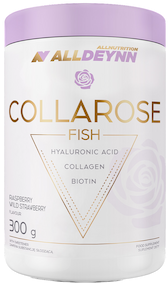
- Collagen content: 5000 mg hydrolysate fish collagen VERISOL F® .
- Additional active ingredients: vitamin C, hyaluronic acid, biotin
- Form: powder to dissolve in water .
- Dose: one scoop (6 g) of powder daily .
- Sufficient for: 50 days .
Product description
Atlantic cod collagen VERISOL F® contained in the formula are easily absorbed collagen peptides of fish origin. Regular supplementation can firm your skinóhand and slow down the ageing process. Your nails will become stronger and stop breaking. The addition of biotin will improve the condition of your hairów. The collagen portion is high enough to also have a good effect on your joints, muscles and bones.
Pros and cons
Atlantic cod collagen VERISOL F® contained in the formula are easily absorbed collagen peptides of fish origin. Regular supplementation can firm your skinóhand and slow down the ageing process. Your nails will become stronger and stop breaking. The addition of biotin will improve the condition of your hairów. The collagen portion is high enough to also have a good effect on your joints, muscles and bones.
Additional information
Atlantic cod collagen VERISOL F® contained in the formula are easily absorbed collagen peptides of fish origin. Regular supplementation can firm your skinóhand and slow down the ageing process. Your nails will become stronger and stop breaking. The addition of biotin will improve the condition of your hairów. The collagen portion is high enough to also have a good effect on your joints, muscles and bones.
Expert and user opinion
Atlantic cod collagen VERISOL F® contained in the formula are easily absorbed collagen peptides of fish origin. Regular supplementation can firm your skinóhand and slow down the ageing process. Your nails will become stronger and stop breaking. The addition of biotin will improve the condition of your hairów. The collagen portion is high enough to also have a good effect on your joints, muscles and bones.
DuoLife Collagen fish collagen 2500 mg
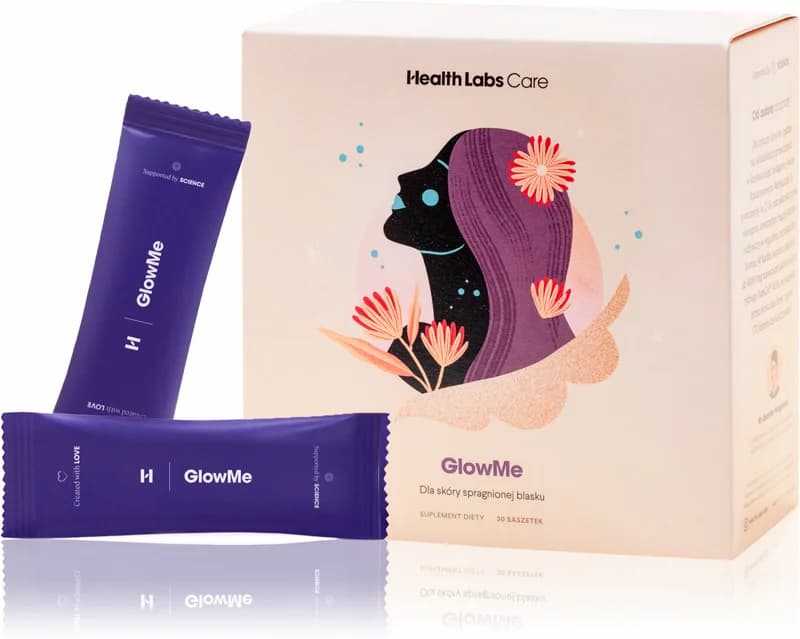
- Collagen content: 2500 mg collagen
- Additional active ingredients: vitamin C, silicon, glucosamine, hyaluronic acid, nettle and bamboo extracts
- Form: liquid to drink .
- Dose:25 ml .
- Sufficient for: 30 days .
Product description
100% natural collagen liquid without unnecessary ingredientsós. The composition of ingredientsós improves the appearance and condition of skinóry, hairów, nails. DuoLife is a good choiceór if you notice the first signs of skinóry ageing or want to stop this process. A tasty liquid, convenient to use.
Pros and cons
100% natural collagen liquid without unnecessary ingredientsós. The composition of ingredientsós improves the appearance and condition of skinóry, hairów, nails. DuoLife is a good choiceór if you notice the first signs of skinóry ageing or want to stop this process. A tasty liquid, convenient to use.
Additional information
100% natural collagen liquid without unnecessary ingredientsós. The composition of ingredientsós improves the appearance and condition of skinóry, hairów, nails. DuoLife is a good choiceór if you notice the first signs of skinóry ageing or want to stop this process. A tasty liquid, convenient to use.
User review
100% natural collagen liquid without unnecessary ingredientsós. The composition of ingredientsós improves the appearance and condition of skinóry, hairów, nails. DuoLife is a good choiceór if you notice the first signs of skinóry ageing or want to stop this process. A tasty liquid, convenient to use.
Pharmovit liquid collagen 10000 mg
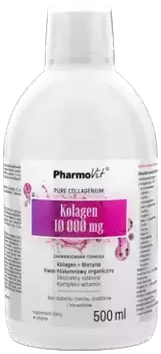
- Collagen content: 10000 mg hydrolysed bovine collagen types I and III .
- Additional active ingredients: hyaluronic acid, natural plant extracts, vitamin C, B vitamins, zinc, vitamin D
- Form: vials .
- Dose: 25 ml .
- Sufficient for: 20 days .
Product description
A solid daily dose of collagen for jointómuscle and bone health and beauty. The duo of collagen and vitamin C has a positive effect on each other, so that „the protein of youth” is better absorbed and more efficiently produced in the body.
Pros and cons
A solid daily dose of collagen for jointómuscle and bone health and beauty. The duo of collagen and vitamin C has a positive effect on each other, so that „the protein of youth” is better absorbed and more efficiently produced in the body.
Additional information
A solid daily dose of collagen for jointómuscle and bone health and beauty. The duo of collagen and vitamin C has a positive effect on each other, so that „the protein of youth” is better absorbed and more efficiently produced in the body.
KFD Premium Collagen+
Product description
High dose of collagen and a real bomb of vitamins C and D and organic sulphur. With this preparation the effects will come immediately. You will improve the firmness of your skin and reduce wrinkles. Your hair and nails will be strong and shiny.
A generous dose of collagen will improve the mobility of your jointsós, benefit your bone system and muscles. Do you do sports and need a product thatós able to keep up with your needs? This product will do the trick.
Pros and cons
High dose of collagen and a real bomb of vitamins C and D and organic sulphur. With this preparation the effects will come immediately. You will improve the firmness of your skin and reduce wrinkles. Your hair and nails will be strong and shiny.
A generous dose of collagen will improve the mobility of your jointsós, benefit your bone system and muscles. Do you do sports and need a product thatós able to keep up with your needs? This product will do the trick.
Additional information
High dose of collagen and a real bomb of vitamins C and D and organic sulphur. With this preparation the effects will come immediately. You will improve the firmness of your skin and reduce wrinkles. Your hair and nails will be strong and shiny.
A generous dose of collagen will improve the mobility of your jointsós, benefit your bone system and muscles. Do you do sports and need a product thatós able to keep up with your needs? This product will do the trick.
Expert opinion
High dose of collagen and a real bomb of vitamins C and D and organic sulphur. With this preparation the effects will come immediately. You will improve the firmness of your skin and reduce wrinkles. Your hair and nails will be strong and shiny.
A generous dose of collagen will improve the mobility of your jointsós, benefit your bone system and muscles. Do you do sports and need a product thatós able to keep up with your needs? This product will do the trick.
Product description
The dietary supplement from Remé contains beef collagen in a patented formula and vitamin C, whichóra aids its absorption. The formula comes in three flavours: neutral, orange-maracuja and strawberry-pomegranate. The formula can effectively support and improve the condition of the skinóry, hairóry and nails.
Pros and cons
The dietary supplement from Remé contains beef collagen in a patented formula and vitamin C, whichóra aids its absorption. The formula comes in three flavours: neutral, orange-maracuja and strawberry-pomegranate. The formula can effectively support and improve the condition of the skinóry, hairóry and nails.
Additional information
The dietary supplement from Remé contains beef collagen in a patented formula and vitamin C, whichóra aids its absorption. The formula comes in three flavours: neutral, orange-maracuja and strawberry-pomegranate. The formula can effectively support and improve the condition of the skinóry, hairóry and nails.
The dietary supplement from Remé contains beef collagen in a patented formula and vitamin C, whichóra aids its absorption. The formula comes in three flavours: neutral, orange-maracuja and strawberry-pomegranate. The formula can effectively support and improve the condition of the skinóry, hairóry and nails.
{ product:3toZVdGtbWWEszm5MCkjxH }}
{ product:6bAfu3AQBDUnsDAG1FSakf }}
{ product:Cym0Yvg83jmGmIUqr5bFt }}
See also:
How to dose (actually 'portion') collagen for drinking?
- .
Well, exactly, portion or dose? In the case of dietary supplements, the term 'portioning' rather than 'dosing' is used, as supplements are not medicines. And it is with medicines that you can talk about dosing. Portioning, on the other hand, refers to the recommended amount of a supplement that should be consumed for optimal health benefits.
More on linguistic correctness - how much should you eat of all that collagen?
- .
When it comes to the correct portioning of collagen to drink, it depends on the manufacturer's recommendations. The most common includes one sachet of powder or shot. Although collagen is difficult to overdose on, you should never exceed the recommended portioning.
Collagen supplements are often enriched with other active ingredients. If you are tempted to double the 2,500 mg portion of collagen in your supplement, beware! In practice, you will also double the rest of the formulation, including, for example, vitamins and minerals, which you may inadvertently overdose.
There are no collagen preparations on the market with drug status. All products you can purchase are dietary supplements..
 .
.
Ilona Krzak Master of Pharmacy
- .

Zobacz, co może zrobić dla Twojego zdrowia i urody Natu.Care Kolagen Premium 5000 mg -15% z kodem BLOG15
Natu.Care Kolagen Premium 5000 mg, kakao
Natu.Care Kolagen Premium dla zdrowia stawów, skóry, paznokci i włosów. Najlepsza przyswajalność. Optymalna dawka 5 000 lub 10 000 mg. Przebadany przez niezależne laboratorium.
Zobacz więcej
Efekty zaczęłam dostrzegać po około 5 tygodniach. Włosy są nawilżone, przestały też wypadać. Moja wrażliwa cera przestała się przesuszać. Plus za pyszny smak!@Milena Dlugosz
See also:
Summary
- .
In summary
- In most cases, it doesn't matter what time of day you drink your collagen.
- It's a good idea to take collagen.
- Some people should not take collagen on an empty stomach.
- Some people should not take collagen on an empty stomach.
- The first effects of collagen supplementation can be seen after about 8-16 weeks. .
- Collagen can be supplemented continuously, preferably from about 25 years of age. .
FAQ
.Can collagen be drunk overnight?
.Yes, you can take collagen at night. Supplementation with collagen before bedtime should not cause any negative effects. What's more, it can be beneficial as the body intensively rebuilds and regenerates during sleep. However, there is no scientific evidence that says supplementation before bed is more beneficial than in the morning.
What are the symptoms of collagen deficiency?
Some indicators of collagen deficiency are:
- The appearance of wrinkles, a decrease in the firmness of skin.
- Weakening of nails, brittleness of hair. .
- Discomfort in joints, muscles. .
- Difficulty healing wounds. .
- Difficulty with digestion. .
- Decreased immunity. .
To supplement collagen, consume protein-rich dishes such as meat, fish, dairy, eggs, legumes and dietary supplements. Collagen-rich supplements include, for example, Natu.Care Premium Collagen, Colladrop Flex, Sundose Collagen or Colladrop Forte.
.
Which collagen is the healthiest?
.Hydrolysed collagen of marine origin (fish) is considered one of the healthiest and best absorbed types of this protein. It is extracted from fish scales or skin, and these are valuable sources of type 1 collagen, which makes up about 90% of the collagen found in the human body.
How much collagen to take per day?
.The amount of collagen you should take each day depends on your individual needs and supplementation goals. However, the most common recommended dose is between 2.5 and 15 grams of collagen hydrolysate per day. If you think, you need particular support, please advise your doctor.
What foods are high in collagen
.A balanced diet, containing products derived from cartilage and skins, provides plenty of collagen. Foods rich in collagen include:
- cicken feet, .
- chicken with skin, .
- bone-based broths (pork, beef, chicken), .
- meat and fish jellies, .
- salcessón, - meat and fish gnocchi
- fish with skin,
- fish with skin,
- fish with skin
- goat, .
- offal, .
It is also worth remembering foods that support collagen production, such as eggs, legumes, shellfish and soya. Also consume vegetables and fruits rich in vitamin C, vitamin A and vitamin E.
Some foods rich in collagen, such as offal, cartilage, skins, jellies and seafood, may not appeal to you. If this is the case, consider supplementation, for example using Natu.Care's premium collagen.
Can collagen be drunk all the time?
.At what age does collagen start to be lost?
.Collagen loss begins around the age of 25 and continues as we age. As we age, the rate of collagen production slows and its breakdown accelerates, leading to symptoms of deficiency such as wrinkles, loss of firmness of skin and weaker joints.
- .
Sources
.See all
.Bailey, A. J., Sims, T. J., Ebbesen, E. N., Mansell, J. P., Thomsen, J. S., & Mosekilde, Li. (1999). Age-Related Changes in the Biochemical Properties of Human Cancellous Bone Collagen: Relationship to Bone Strength. Calcified Tissue International, 65(3), 203-210. https://doi.org/10.1007/s002239900683
Fligiel, S. E. G., Varani, J., Datta, S. C., Kang, S., Fisher, G. J., & Voorhees, J. J. (2003). Collagen Degradation in Aged/Photodamaged Skin In Vivo and After Exposure to Matrix Metalloproteinase-1 In Vitro. Journal of Investigative Dermatology, 120(5), 842-848. https://doi.org/10.1046/j.1523-1747.2003.12148.x
Liu, D., Nikoo, M., Boran, G., Zhou, P., & Regenstein, J. M. (2015). Collagen and Gelatin. Annual Review of Food Science and Technology, 6(1), 527-557. https://doi.org/10.1146/annurev-food-031414-111800
Significant Amounts of Functional Collagen Peptides Can Be Incorporated in the Diet While Maintaining Indispensable Amino Acid Balance-PMC. (n.d.). Retrieved April 21, 2023, from https://www.ncbi.nlm.nih.gov/pmc/articles/PMC6566836/
Jelonek, L. (2023). Collagen. Everything you need to know (B. Turczynski, ed.; 1st ed.). Natu.Care. https://books.google.com/books?vid=9788396887801
.- .
Editorials
Meet the team


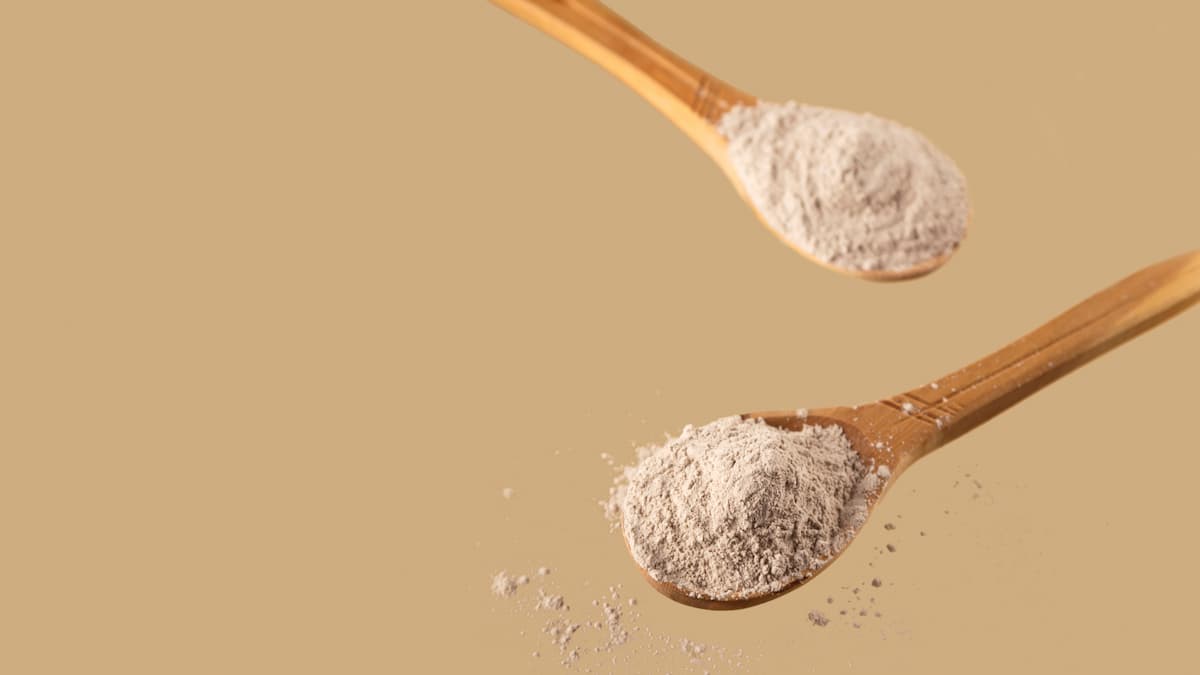
Everything you want to know about COLLinstant collagen.

Collibre collagen is an interesting supplement in shot form.
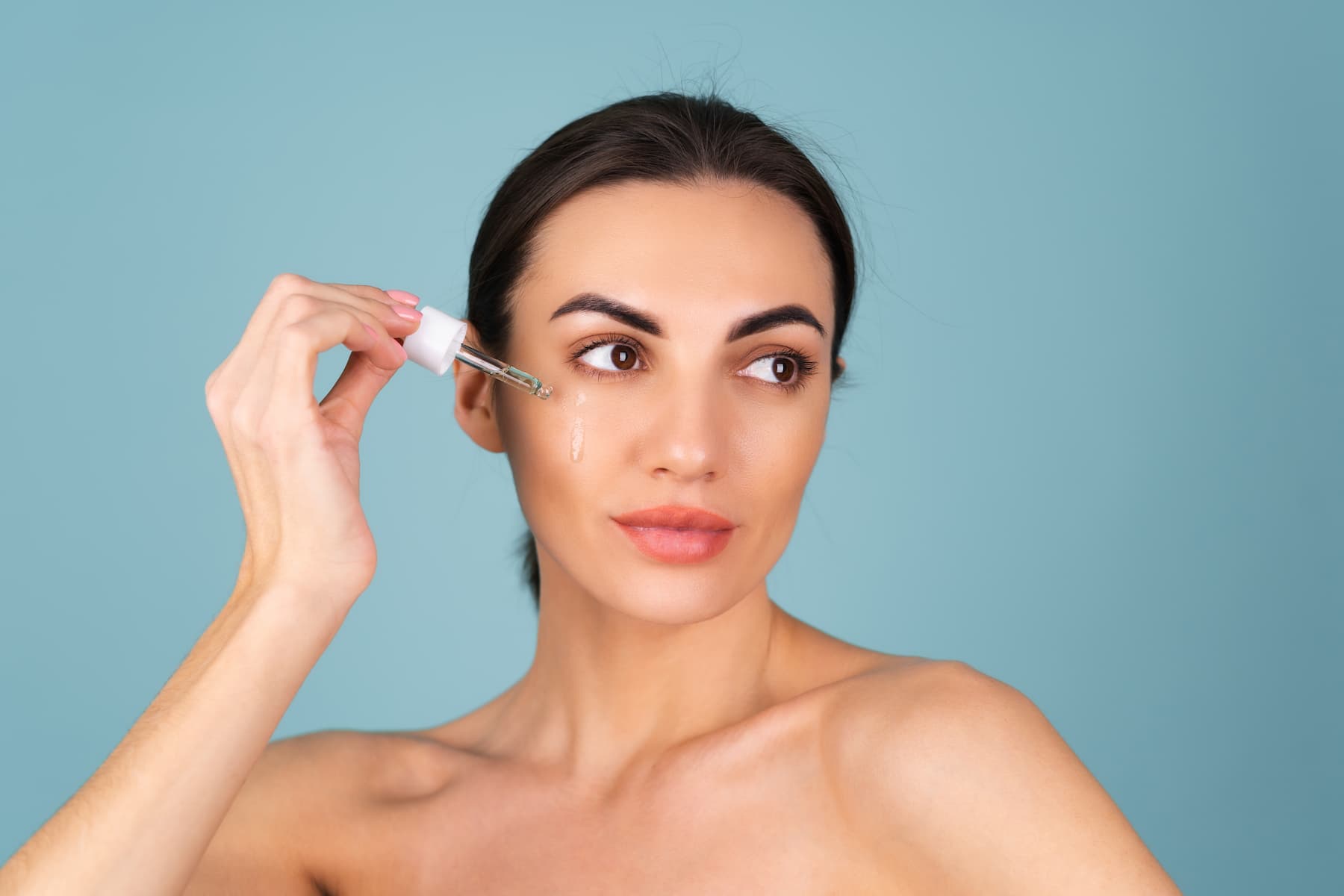
Solgar collagen with hyaluronic acid is a dietary supplement that supports skin and joint health.
